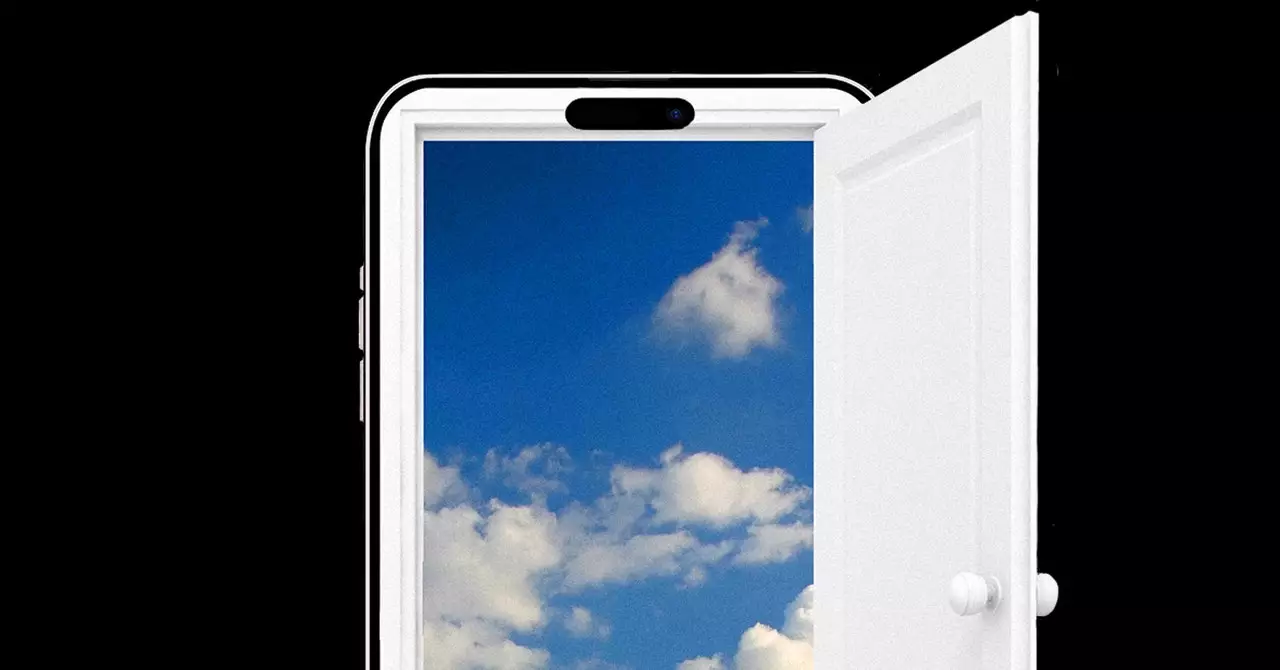In an age where our lives are increasingly intertwined with digital platforms, the question of screen time and social media usage has taken center stage. Conversations surrounding the amount of time we spend on our devices often lead to a deeper analysis of how these platforms affect our mental well-being and personal relationships. A recent discussion among tech experts Michael Calore, Lauren Goode, and Zoë Schiffer provided insight into their personal screen habits and the broader implication of social media in our lives.
During this discussion, the participants revealed their daily screen times. Zoë shared that her phone usage hovers around three hours and 40 minutes, which, at first glance, may seem commendable. However, she highlighted that only a fraction of this time is spent on social media platforms. This raises an interesting point about differentiating between productive and non-productive screen time. In our quest for productivity, are we often consuming time in activities that yield little to no tangible benefits, particularly when it comes to scrolling through the endless feeds that social media offers?
The Struggle of Digital Moderation
Michael Calore, highlighting his self-imposed restrictions, mentioned that he has a timer set for his Instagram use, which sounds like a practice worthy of admiration. Yet, how effective is it to impose such constraints? While these boundaries may seem commendable, they bring forth an important discussion about reliance on self-regulation. Wouldn’t it be easier just to disconnect altogether?
Interestingly, Lauren Goode expressed her desire to disconnect from social media entirely. The contemplation of a life free from the pressures of broadcasting our daily moments raises questions about our dependency on these platforms. Is it possible that we’ve become so accustomed to documenting every experience that we forget to simply enjoy them without the lens of social validation? This normalization of constant sharing can create an unhealthy cycle of seeking approval and engagement through likes and shares.
Zoë’s circumstances are particularly significant in the conversation about social media habits. She mentioned being on parental leave, which offers a somewhat unique perspective on the topic. Often, significant life events, like welcoming a new child, provide perspective on what truly matters. The experience of being away from social media has the potential to allow individuals to recalibrate their values and redefine how they allocate their time. For many, this becomes an eye-opening experience that unveils just how much time they spent glued to their screens for non-essential reasons.
This transition poses an essential question: could taking a break from social media lead to a healthier lifestyle? Encouragingly, these breaks can empower individuals to reconnect with physical experiences and genuine interactions without the digital noise surrounding them.
Despite the mild joking about meme sharing, the sentiment amongst the participants illustrates a deeper frustration with their attachment to their devices. Michael’s impulse to throw his phone against the wall symbolizes a common feeling among many heavy users. This ambivalence towards social media prompts a more profound inquiry into the meaning of genuine connection. Are humor and engagement truly fulfilling when divorced from physical human interactions?
Ultimately, the overarching takeaway from their conversation converges on the concept of balance. The digital world has its merits but also its drawbacks. Recognizing the signs of overindulgence in social media consumption is the first step towards a more mindful use of technology. As the digital landscape continues to evolve, the challenge remains: how do we foster a healthier relationship with our devices while still benefiting from the connections and resources they provide?
Given the significantly fast-paced environment of Silicon Valley and beyond, it’s essential that we critically assess our social media habits. By evaluating how these platforms impact our lives, we can better understand whether it’s time to step back and think about the digital footprint we leave behind—or if cultivating a moderated use can lead to beneficial outcomes for our mental health and personal relationships.

